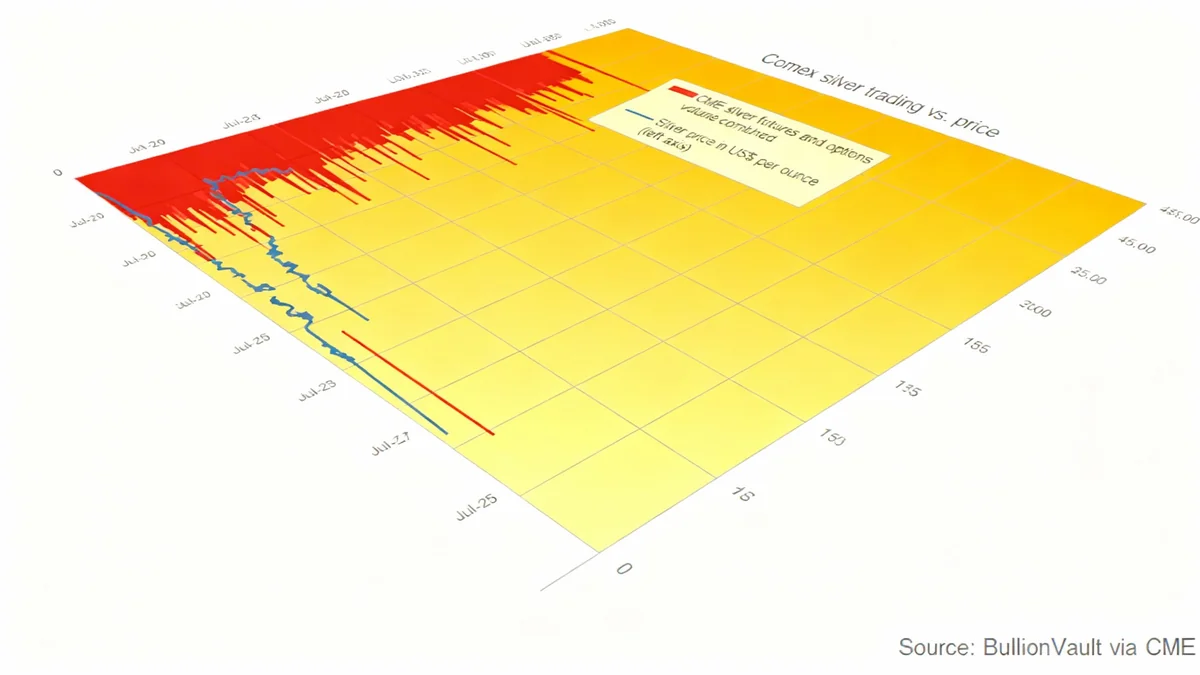Recent filings from Berkshire Hathaway offer a window into Warren Buffett's current investment strategy, revealing a continued confidence in e-commerce giant Amazon, a new position in beverage company Constellation Brands, and a significant reduction in his firm's largest holding, Apple. These moves provide insights for investors navigating today's market.
By analyzing the firm's quarterly disclosures, investors can observe how one of the world's most successful investors is positioning his multi-billion dollar portfolio amidst changing economic conditions. The decisions reflect a blend of growth-oriented tech plays, classic value investing, and a strategic trimming of a long-term winner.
Key Takeaways
- Berkshire Hathaway maintains its position in Amazon, signaling confidence in the company's e-commerce and cloud computing divisions.
- A new investment in Constellation Brands suggests a contrarian bet on the recovery of the alcoholic beverage market.
- Warren Buffett has been systematically selling shares of Apple, Berkshire's largest single stock holding, throughout 2024 and 2025.
- The rationale behind these moves appears to be centered on valuation, growth prospects, and industry-specific headwinds.
The Enduring Bet on Amazon
Warren Buffett's investment firm, Berkshire Hathaway, first acquired shares in Amazon (NASDAQ: AMZN) in 2019, a move that signaled an embrace of a major technology player. Today, that position remains a key part of the portfolio, underscoring a belief in the company's long-term dominance in two critical sectors: e-commerce and cloud computing.
Amazon's e-commerce operation is supported by a vast, vertically integrated logistics network. This infrastructure allows for rapid delivery speeds through its Prime subscription service, creating a significant competitive advantage. In its most recent quarter, the company's North American division reported sales of $100 billion, which translated into $7.5 billion in operating income.
AWS: The Profit Engine
While e-commerce drives revenue, Amazon Web Services (AWS) is a major contributor to the company's profitability. Last quarter, AWS generated $30.9 billion in revenue and an impressive $10.2 billion in operating income, representing a profit margin of 33%.
The combination of these two powerful business segments has established Amazon as one of the world's most valuable companies, with a market capitalization of $2.36 trillion as of late October. Despite its massive scale, the company continues to benefit from the ongoing global shifts toward online retail and cloud-based services. Analysts note that its current enterprise value-to-EBIT ratio of 30 is considered relatively attractive for a company with its growth profile, suggesting potential for continued shareholder value.
A Contrarian Play in the Beverage Sector
In a move more aligned with his traditional value-investing roots, Buffett recently initiated a position in Constellation Brands (NYSE: STZ). This investment, made less than a year ago, represents a bet on a company facing temporary market challenges. Constellation Brands owns a portfolio of popular alcoholic beverage brands, including Modelo, Corona, and Pacifico.
The alcoholic beverage industry, particularly in the United States, has been experiencing a period of slowing demand. This trend has directly impacted Constellation Brands, which saw its beer shipments decline by 8.7% year over year in the last reported quarter. While the company has attempted to offset this volume decrease with price increases, the underlying business is clearly navigating a difficult environment.
Understanding Value Investing
Value investing is an investment strategy that involves picking stocks that appear to be trading for less than their intrinsic or book value. Value investors, like Buffett, actively seek out stocks they believe the market is underestimating, often in industries that are temporarily out of favor.
The market has priced in these concerns. Constellation Brands currently trades at a forward price-to-earnings (P/E) ratio of just 12, indicating investor skepticism about its future growth. Berkshire Hathaway's investment suggests a belief that this pessimism is overstated. The thesis appears to be that while consumer habits may fluctuate, demand for established alcohol brands is unlikely to disappear. By acquiring a stake during a downturn, Berkshire is positioning itself to benefit from a potential industry rebound.
Trimming the Tech Titan: Apple
Perhaps the most notable recent activity within Berkshire's portfolio is the continued selling of Apple (NASDAQ: AAPL) stock. While Apple remains the single largest holding, accounting for 22% of the U.S. stock portfolio, this percentage has been steadily decreasing as Buffett has trimmed the position throughout 2024 and 2025.
The decision to sell appears to be rooted in a straightforward valuation assessment. Apple has been an incredibly successful investment for Berkshire Hathaway over the past decade. During that time, its stock price has appreciated significantly, causing its valuation metrics to expand. The stock now trades at a trailing P/E ratio of nearly 40 and a forward P/E of around 32.
For a business with slowing growth, a high P/E ratio can be a formula for future underperformance. This valuation concern is likely a key driver behind Berkshire's decision to reduce its exposure.
Compounding the valuation issue is Apple's slowing growth trajectory. Over the past five years, the company's revenue growth has flattened, especially when compared to other technology giants that are capitalizing on trends like artificial intelligence and cloud computing. The combination of a high valuation and maturing growth is a classic signal for disciplined investors to take profits. Buffett's actions indicate a strategic decision to lock in gains from a highly successful investment rather than risk a potential valuation correction in the future.





